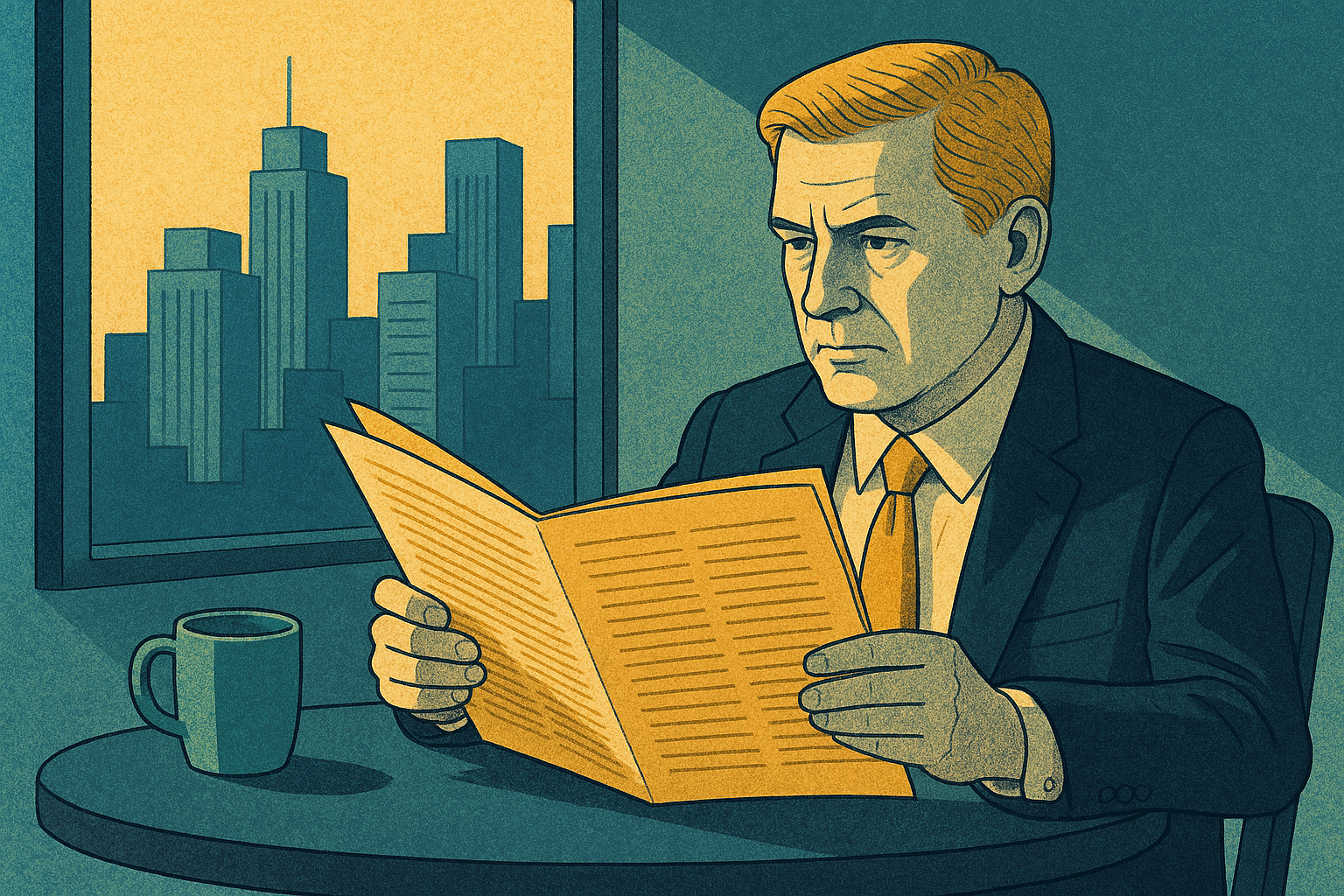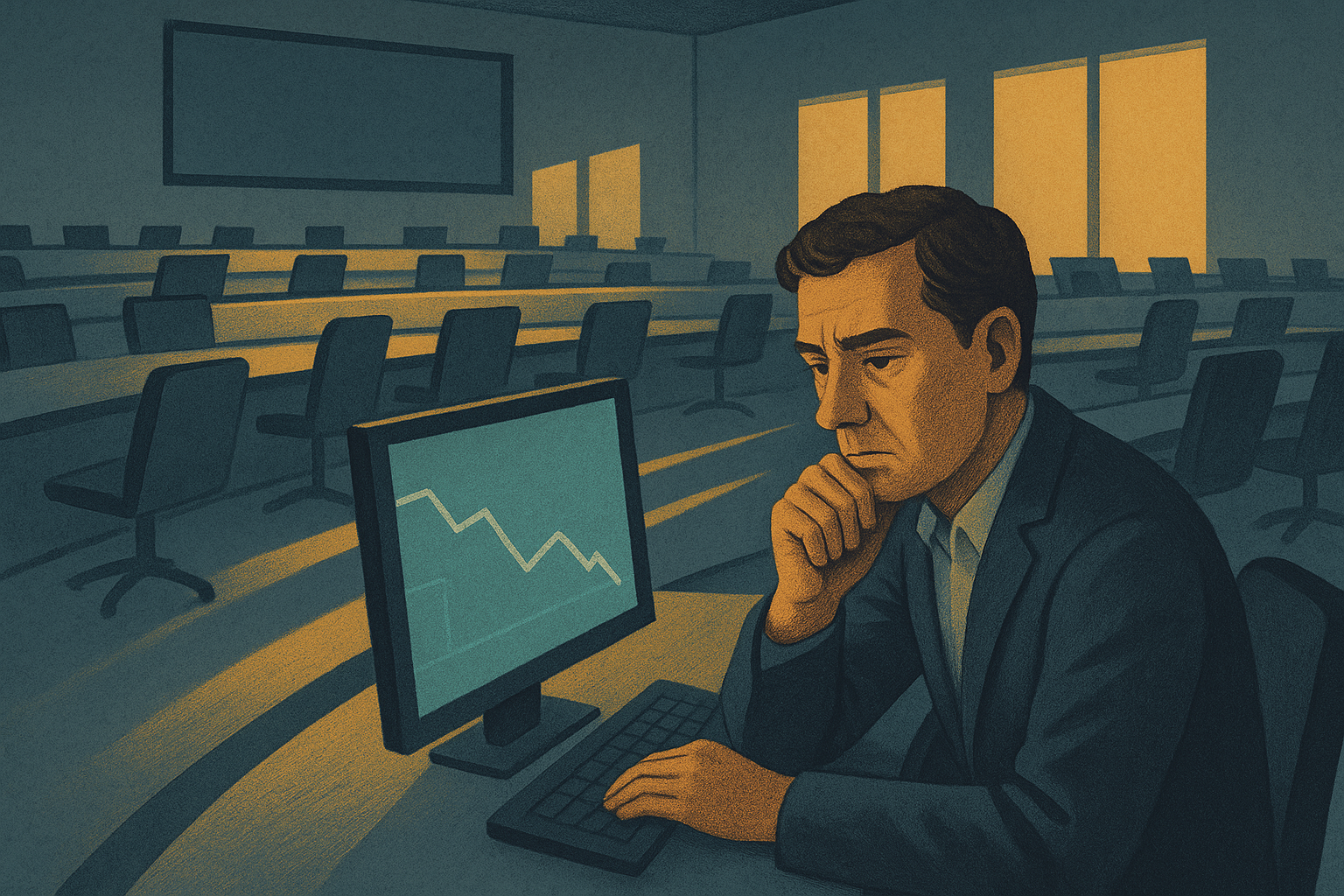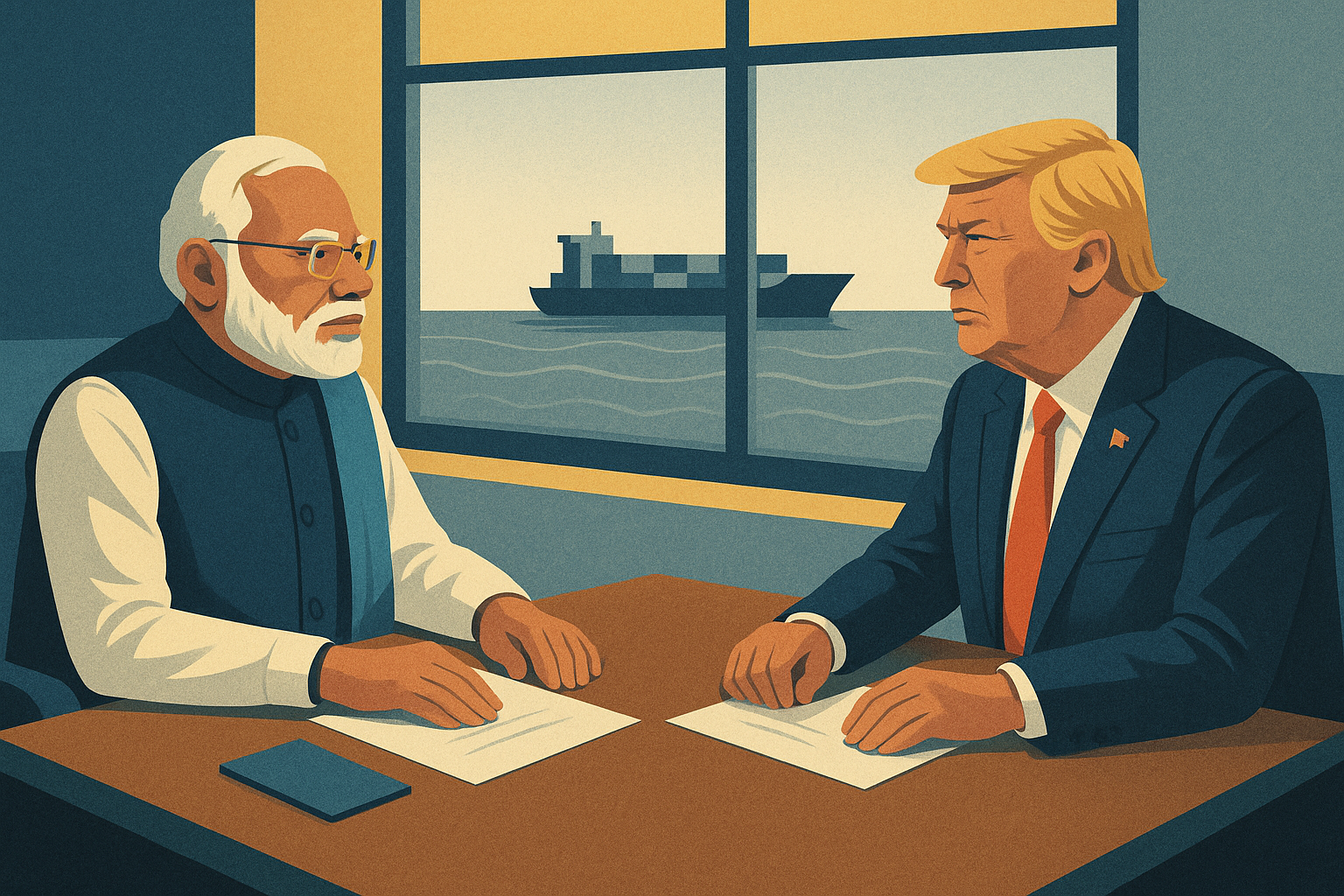-

Chancellor prioritises EU ties as UK’s key growth lever. Rachel Reeves said closer economic and security alignment with the European Union represents the “biggest prize” for Britain’s future prosperity, citing trade scale and the need to reduce post-Brexit friction.
-

Strong ESG performance supports international R&D expansion and innovation outcomes. New academic research suggests companies with credible environmental, social, and governance records are better positioned to build overseas research operations, attract partners, and access global innovation ecosystems.
-

Europe is drawing a hard line around teen social accounts. After Prague signalled support for an under-15 ban, Slovenia began drafting legislation, Greece said it was “very close” to acting, and Spain set out an under-16 prohibition. Marketers now face a structural shift in reach, data, and measurement this year.
-

The UK regulator wants to reset perceptions of London market liquidity. Britain’s financial watchdog plans to publish comprehensive trading data for all London-listed shares, aiming to counter claims that the UK equity market lacks depth and activity.
-

Payment Systems Regulator’s abolition expected no sooner than 2027. David Geale of the PSR anticipates the regulator’s consolidation into the FCA will not occur before early 2027, despite government plans for sector reform and deregulation.
-

UK manufacturers reduce US exports due to tariff uncertainties. A survey reveals that 20% of factories have already reduced exports, with 16% planning to follow. Despite this, the US remains a key market, though manufacturers are shifting towards local sourcing.
-

US and India strike trade deal easing tariffs and reshaping energy flows. Washington will cut tariffs on Indian goods to 18% as New Delhi commits to ending purchases of Russian oil, a move already reverberating across equity markets, energy supply chains, and bilateral trade expectations.
-

India and the EU finalise landmark trade agreement. The deal concludes nearly 20 years of negotiations, aiming to enhance economic ties. It will reduce tariffs, expand market access, and bolster supply-chain integration between the two regions.
-

Inflation edges up as business costs persist. The first rise in UK inflation in six months has renewed scrutiny of consumer-facing industries, with travel, hospitality, and retail businesses absorbing persistent input costs even as headline inflation pressures had been easing.
-

Businesses are accelerating efforts to modernise supply chains. A new Loftware report reveals connected networks, AI, and cloud systems are central to global resilience and competitiveness as companies face mounting disruption and regulatory pressure.
